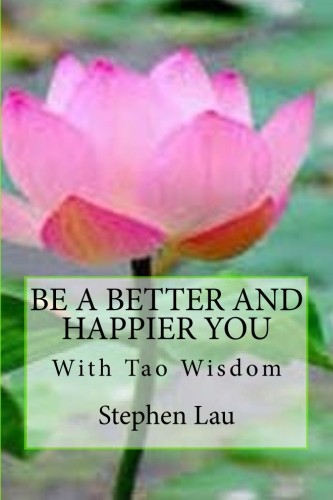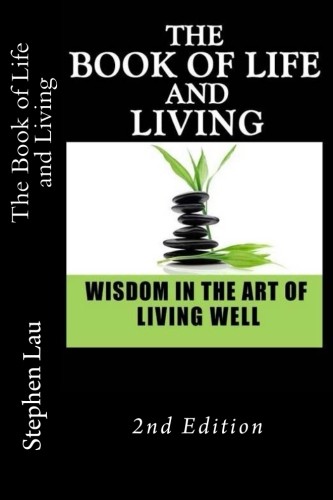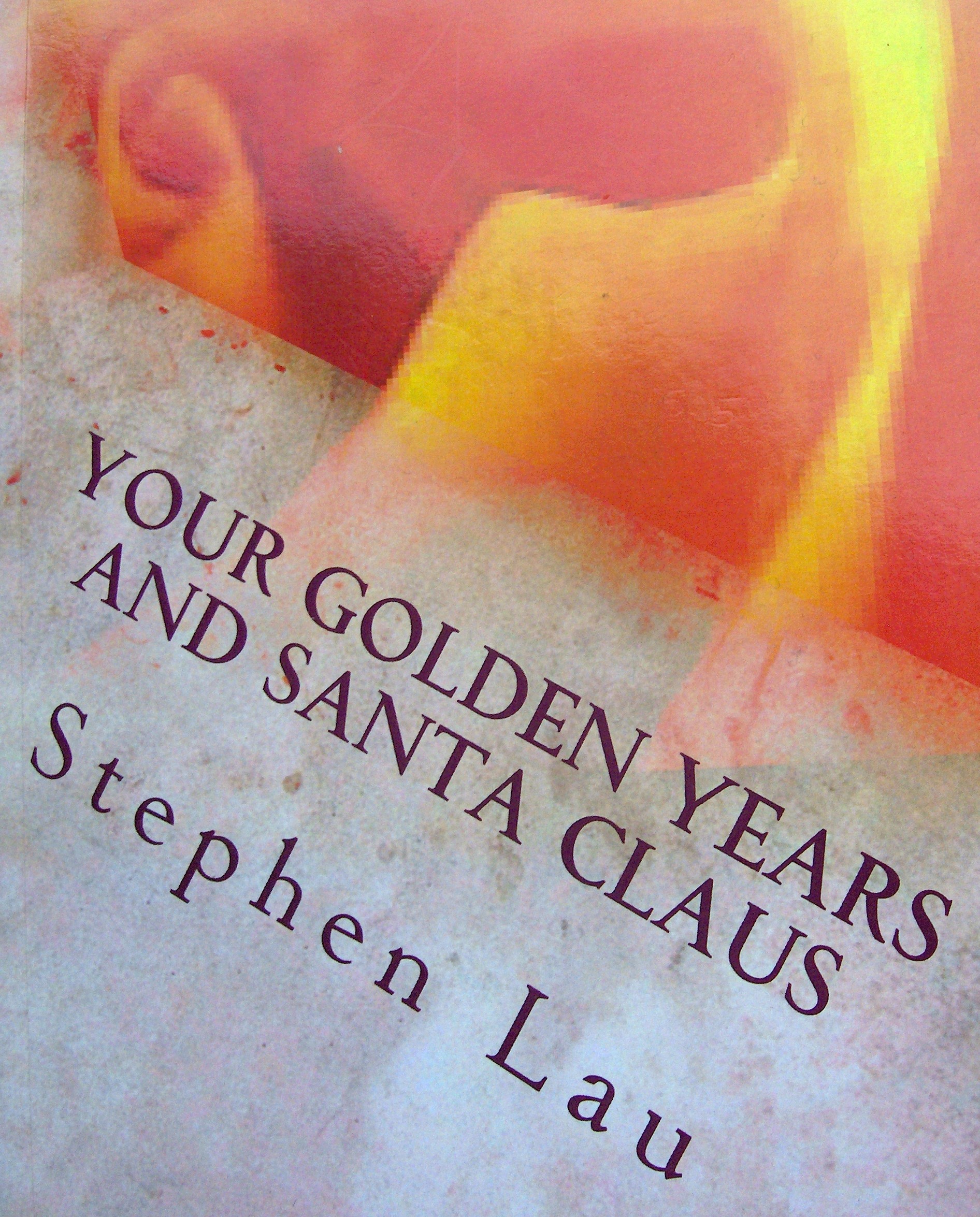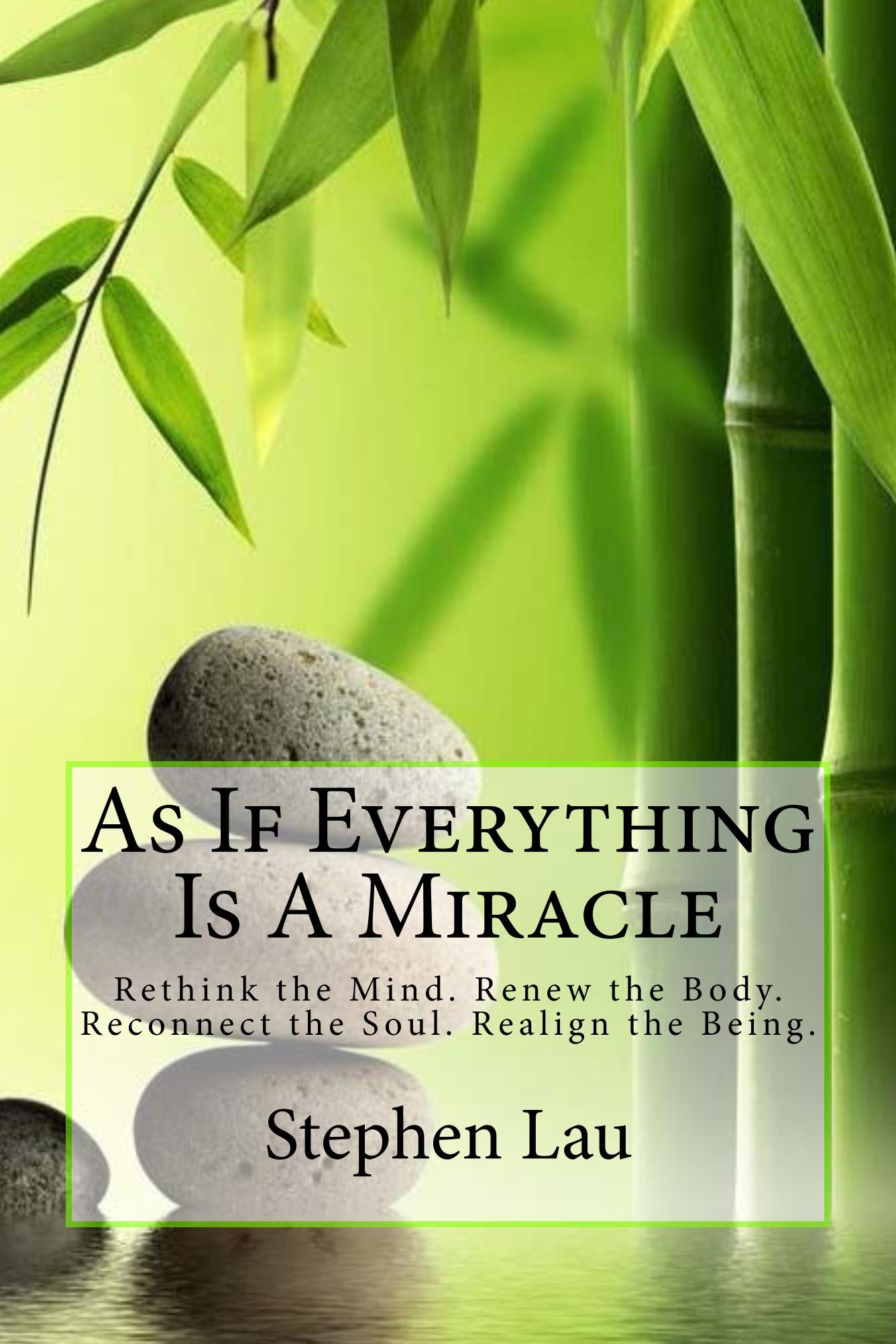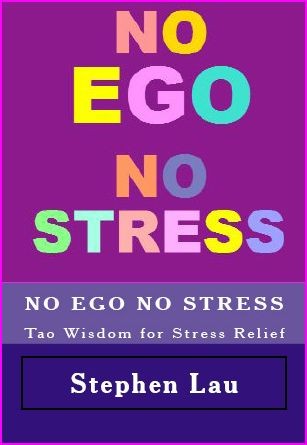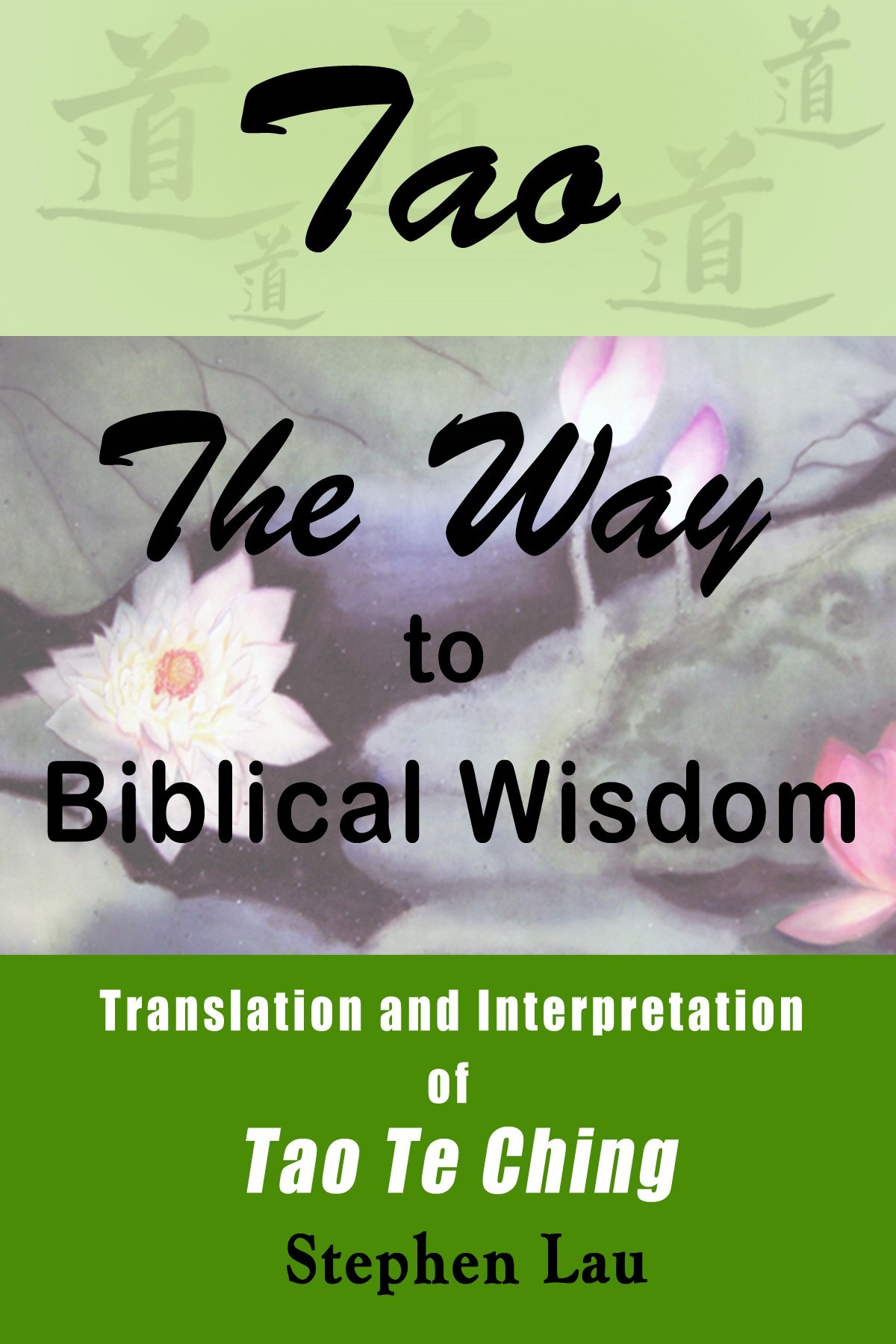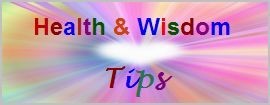NO EGO NO STRESS
by Stephen Lau
The human ego is the underlying source of all stressors in contemporary living -- a stumbling block to wisdom in living..
Learn and understand the ancient human wisdom from China to eliminate all stress in everyday living.
To find out more, click click here.
by Stephen Lau
The human ego is the underlying source of all stressors in contemporary living -- a stumbling block to wisdom in living..
Learn and understand the ancient human wisdom from China to eliminate all stress in everyday living.
To find out more, click click here.

A Taste of Tao Wisdom
Stephen Lau
Stephen Lau



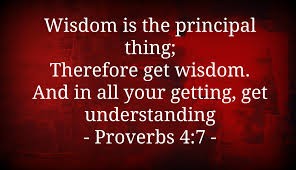
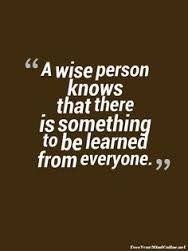
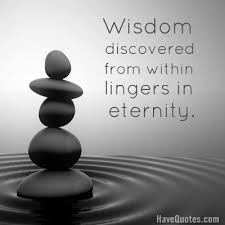
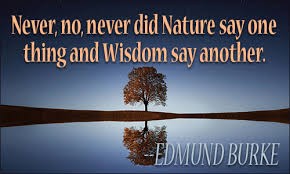
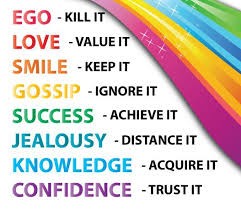
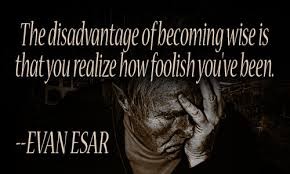
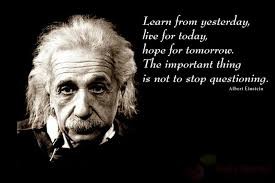




This book contains the 81 chapters of the translated text of the Chinese classic on human wisdom, written by the Chinese sage Lao Tzu. It also explains in plain English all the essentials of Tao wisdom, which is the wisdom of TAO TE CHING.
Please click here.
The Wisdom of Letting Go
by Stephen Lau
Letting go of all attachments in the material world is the only way to let go of the ego, which is formed by a distorted human mind. This human flaw can be eradicated with the ancient Tao wisdom from China, and complemented with the Biblical wisdom. Learn how to let go to let God.
To download the digital book, click here; to get the paperback, click here.
by Stephen Lau
Letting go of all attachments in the material world is the only way to let go of the ego, which is formed by a distorted human mind. This human flaw can be eradicated with the ancient Tao wisdom from China, and complemented with the Biblical wisdom. Learn how to let go to let God.
To download the digital book, click here; to get the paperback, click here.


Get the wisdom to empower your mind with information and intent for self-healing.
Click here for more details.


Click here.


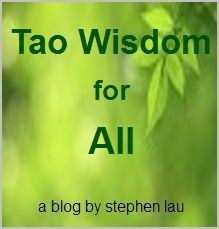
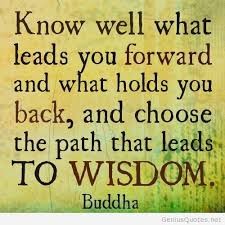
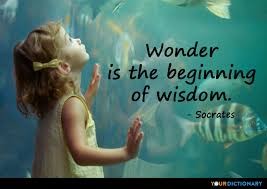
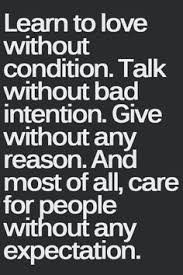
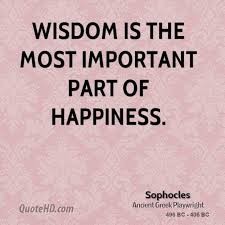
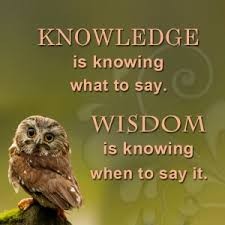

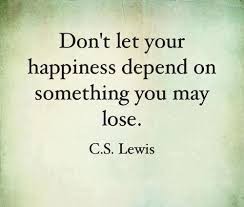
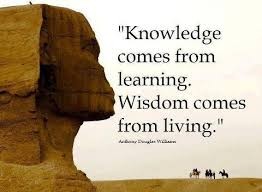
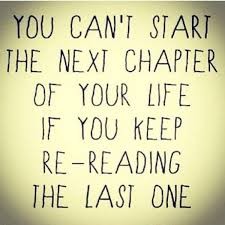
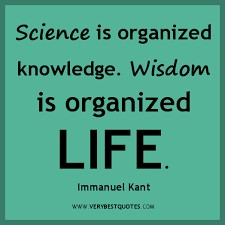
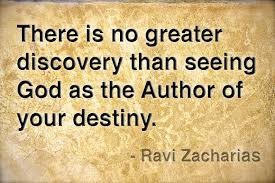
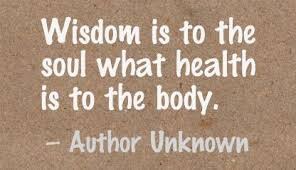
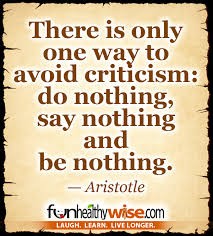

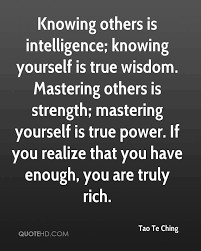
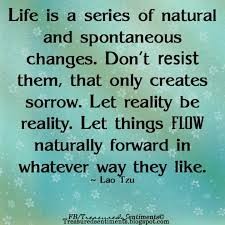
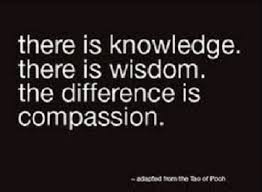

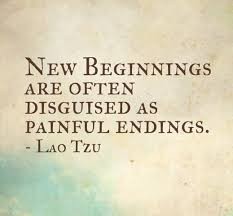
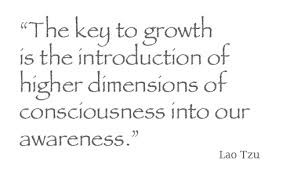
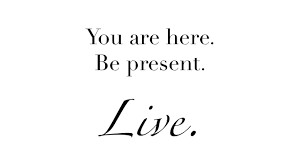
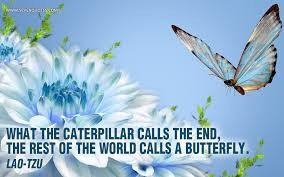
What is wisdom?
Wisdom is the capability not only to see the total perspective of everything in all its relationships but also to put into practice the understanding of which things in life are most important and how best to go about getting them, and in the process how to become a better person with the right conduct.
What is Tao Wisdom?
Tao wisdom is the ancient wisdom of Lao Tzu, who was the author of the ancient classic Tao Te Ching, which has been translated into multiple languages worldwide. As a matter of fact, Tao Te Ching is among the top most translated works of literature. Its popularity is due to the profound but also intriguing and controversial words of wisdom succinctly expressed in 5,000 words in 81 short chapters.
A Taste of Tao Te Ching
Dualistic Existence
With the fall of man, good cannot exist without evil.
Man is born with virtues, but grows up with vices.
Likewise, life and death complement each other.
Heaven is eternal life; hell is everlasting death.
Human existence is therefore dualistic:
it can make heaven out of hell, or hell out of heaven.
Faith and lack of faith go along with each other.
The first will be the last, and the last will be the first.
(Tao Te Ching, Chapter 2)
According to Lao Tzu, the author of Tao Te Ching, everything exists because of its opposite. Accordingly, there are the yin (the female) and the yang (the male); they coexist because they complement each other, and none can exist without the other. By the same token, what goes up, must also come down, just like life begets death, day is followed by night, and success is followed by failure. In other words, everything follows a cycle, whether you like it or not, just as the four seasons. Understanding this cycle may help you see the wisdom in living.
Dualistic existence also enables you to have better human relationships. Given that nobody is perfect and that good and evil exist side by side, you may be more ready to accept others as yourself. Self-acceptance and acceptance of others is the foundation upon which good relationships are formed. More importantly, it also enables you to see the oneness of humans -- that is, we are all inter-connected, and no man is an island.
An Empty Mind for Everything
Focusing on status gives us pride, and not humility.
Hoarding worldly riches deprives us of heavenly assets.
An empty mind with no craving and no expectation helps us let go.
Being in the world and not of the world, we attain heavenly grace.
With heavenly grace, we become pure and selfless.
And everything settles into its own perfect place.
(Tao Te Ching, Chapter 3)
One of the essentials of Tao wisdom is to have an empty mind. Tao wisdom is unconventional wisdom -- which means it is different from the ordinary, and therefore may be difficult to embrace. To do this, one must have an empty mind. There was the well known story of a professor seeking a Zen master in order to know more about Zen. The professor was talking while the Zen master served him tea. The Zen master continued to pour tea into the professor's teacup even though it was already filled to the brim. The moral of the story is that if you seek new information, you must empty your mind first -- just like the professor must do the listening instead of the talking if he really wants to get knowledge about Zen from the master.
Tao wisdom focuses on not just having an empty mind, but also reverse thinking, which is thinking in the opposite direction, or not just thinking out of the box but also creating your own box of thinking. In other words, there is no blueprint of thinking for enlightenment or attaining true wisdom.
A Taste of Tao Te Ching
"We try to be good, and do the best we can,
yet sometimes bad things happen to us.
We have no explanation for that.
We just follow the Way,
one step at a time,
accepting the good and the bad,
as essential parts of life.
We quietly respond to every situation
with neither strain nor stress."
(Tao Te Ching, Chapter 73)
The Way is Tao wisdom. The Way is a pathway to wisdom without direction. It is up to an individual to discover its direction. In other words, true human wisdom has no blueprint; it is self-intuitive discovery of the direction to take. The journey is filled with pleasant as well as unpleasant happenings. The objective is to embrace everything, including the good as well as the bad. Picking and choosing is not the way to go: it leads to stress and frustration--a source of human miseries.
The explanation is the "dualistic" existence of all things in life: death exists because of life; failure and success complement each other.
"Man is born with virtues, but grows up with vices.
Likewise, life and death complement each other.
Heaven is eternal life; hell is everlasting death.
Human existence is therefore dualistic:
it can make heaven out of hell, or hell out of heaven.
Faith and lack of faith go along with each other.
The first will be the last, and the last will be the first."
(Tao Te Ching, Chapter 2)
Wisdom in living is to learn lessons from both the good and the bad experiences, and in the process intuit the profound human wisdom, which is available to only those with an empty mindset.
"Focusing on status gives us pride, and not humility.
Hoarding worldly riches deprives us of heavenly assets.
An empty mind with no craving and no expectation helps us let go of everything.
Being in the world and not of the world, we attain heavenly grace.
With heavenly grace, we become pure and selfless.
And everything settles into its own perfect place."
(Tao Te Ching, chapter 3)
With a preconditioned mind, you will not be able to accept new and unconventional ideas, which may enable you not only to think out of the box, but also to create your own box of thinking. With wisdom, you will know that nothing is set in stone.Just as Albert Einstein once said, "Thinking is difficult, and that's why so few people do it." Wisdom comes from the mind, which has to think by asking questions, and seeking relevant answers to those questions asked. Don't vegetate yourself in front of the TV because watching most TV programs won't improve your wisdom.
Stephen Lau
Copyrightę by Stephen Lau
Wisdom is the capability not only to see the total perspective of everything in all its relationships but also to put into practice the understanding of which things in life are most important and how best to go about getting them, and in the process how to become a better person with the right conduct.
What is Tao Wisdom?
Tao wisdom is the ancient wisdom of Lao Tzu, who was the author of the ancient classic Tao Te Ching, which has been translated into multiple languages worldwide. As a matter of fact, Tao Te Ching is among the top most translated works of literature. Its popularity is due to the profound but also intriguing and controversial words of wisdom succinctly expressed in 5,000 words in 81 short chapters.
A Taste of Tao Te Ching
Dualistic Existence
With the fall of man, good cannot exist without evil.
Man is born with virtues, but grows up with vices.
Likewise, life and death complement each other.
Heaven is eternal life; hell is everlasting death.
Human existence is therefore dualistic:
it can make heaven out of hell, or hell out of heaven.
Faith and lack of faith go along with each other.
The first will be the last, and the last will be the first.
(Tao Te Ching, Chapter 2)
According to Lao Tzu, the author of Tao Te Ching, everything exists because of its opposite. Accordingly, there are the yin (the female) and the yang (the male); they coexist because they complement each other, and none can exist without the other. By the same token, what goes up, must also come down, just like life begets death, day is followed by night, and success is followed by failure. In other words, everything follows a cycle, whether you like it or not, just as the four seasons. Understanding this cycle may help you see the wisdom in living.
Dualistic existence also enables you to have better human relationships. Given that nobody is perfect and that good and evil exist side by side, you may be more ready to accept others as yourself. Self-acceptance and acceptance of others is the foundation upon which good relationships are formed. More importantly, it also enables you to see the oneness of humans -- that is, we are all inter-connected, and no man is an island.
An Empty Mind for Everything
Focusing on status gives us pride, and not humility.
Hoarding worldly riches deprives us of heavenly assets.
An empty mind with no craving and no expectation helps us let go.
Being in the world and not of the world, we attain heavenly grace.
With heavenly grace, we become pure and selfless.
And everything settles into its own perfect place.
(Tao Te Ching, Chapter 3)
One of the essentials of Tao wisdom is to have an empty mind. Tao wisdom is unconventional wisdom -- which means it is different from the ordinary, and therefore may be difficult to embrace. To do this, one must have an empty mind. There was the well known story of a professor seeking a Zen master in order to know more about Zen. The professor was talking while the Zen master served him tea. The Zen master continued to pour tea into the professor's teacup even though it was already filled to the brim. The moral of the story is that if you seek new information, you must empty your mind first -- just like the professor must do the listening instead of the talking if he really wants to get knowledge about Zen from the master.
Tao wisdom focuses on not just having an empty mind, but also reverse thinking, which is thinking in the opposite direction, or not just thinking out of the box but also creating your own box of thinking. In other words, there is no blueprint of thinking for enlightenment or attaining true wisdom.
A Taste of Tao Te Ching
"We try to be good, and do the best we can,
yet sometimes bad things happen to us.
We have no explanation for that.
We just follow the Way,
one step at a time,
accepting the good and the bad,
as essential parts of life.
We quietly respond to every situation
with neither strain nor stress."
(Tao Te Ching, Chapter 73)
The Way is Tao wisdom. The Way is a pathway to wisdom without direction. It is up to an individual to discover its direction. In other words, true human wisdom has no blueprint; it is self-intuitive discovery of the direction to take. The journey is filled with pleasant as well as unpleasant happenings. The objective is to embrace everything, including the good as well as the bad. Picking and choosing is not the way to go: it leads to stress and frustration--a source of human miseries.
The explanation is the "dualistic" existence of all things in life: death exists because of life; failure and success complement each other.
"Man is born with virtues, but grows up with vices.
Likewise, life and death complement each other.
Heaven is eternal life; hell is everlasting death.
Human existence is therefore dualistic:
it can make heaven out of hell, or hell out of heaven.
Faith and lack of faith go along with each other.
The first will be the last, and the last will be the first."
(Tao Te Ching, Chapter 2)
Wisdom in living is to learn lessons from both the good and the bad experiences, and in the process intuit the profound human wisdom, which is available to only those with an empty mindset.
"Focusing on status gives us pride, and not humility.
Hoarding worldly riches deprives us of heavenly assets.
An empty mind with no craving and no expectation helps us let go of everything.
Being in the world and not of the world, we attain heavenly grace.
With heavenly grace, we become pure and selfless.
And everything settles into its own perfect place."
(Tao Te Ching, chapter 3)
With a preconditioned mind, you will not be able to accept new and unconventional ideas, which may enable you not only to think out of the box, but also to create your own box of thinking. With wisdom, you will know that nothing is set in stone.Just as Albert Einstein once said, "Thinking is difficult, and that's why so few people do it." Wisdom comes from the mind, which has to think by asking questions, and seeking relevant answers to those questions asked. Don't vegetate yourself in front of the TV because watching most TV programs won't improve your wisdom.
Stephen Lau
Copyrightę by Stephen Lau










